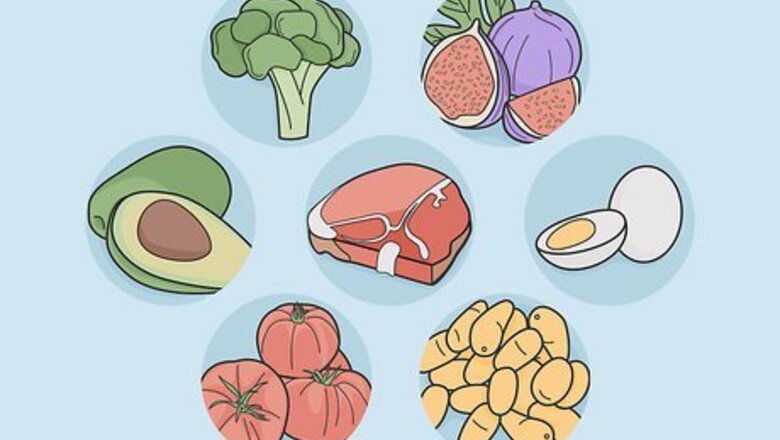
views
X
Trustworthy Source
MedlinePlus
Collection of medical information sourced from the US National Library of Medicine
Go to source
This is usually because of a nutrient deficiency in your diet or a chronic condition that prevents you from absorbing iron properly. It sounds dangerous, but it’s actually a very common condition that is often easy to treat. Many of the treatment suggestions are entirely natural, and usually involve redesigning your diet to get the nutrients that you’re missing. If your anemia is from a chronic condition, then you may need medication to treat that condition. Stay in touch with your doctor and follow their instructions for the best treatment approaches.
Changing Your Diet
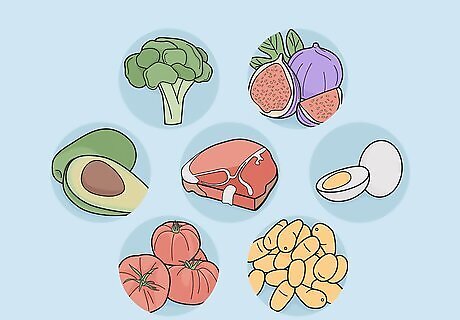
Eat iron-rich foods to keep your hemoglobin up. Iron is the main component of hemoglobin, so design a diet around healthy, iron-rich foods. Men need about 8 mg daily, and women need about 18 mg. Animal sources for iron include red meat, seafood, and organ meats. Plant sources rich in iron include beans, broccoli, nuts, spinach, whole grain bread, and fortified cereals. You need a lot more iron if you're pregnant. Pregnant people should get around 30 mg each day.
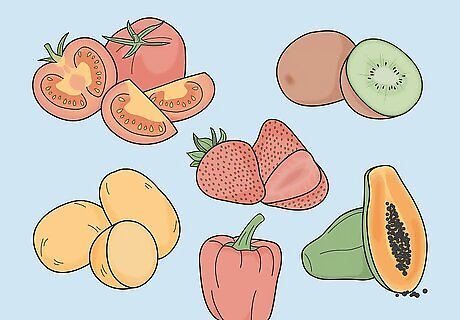
Get plenty of vitamin C to aid in iron absorption. Vitamin C doesn’t directly treat anemia, but it helps your body absorb iron. Eat plenty of citrus fruits, berries, melon, leafy green vegetables, bell peppers, tomatoes, and potatoes.
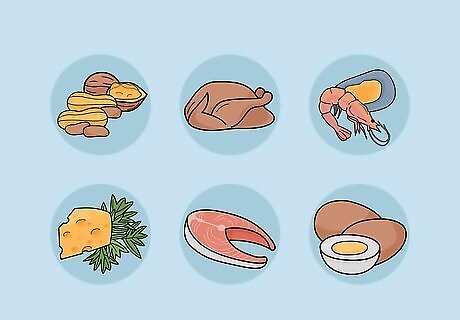
Add vitamin B12 to your diet to support hemoglobin production. A deficiency in vitamin B12 could also cause anemia, so be sure to include plenty of these sources in your diet. Eat seafood, red meats, dairy products, eggs, and poultry.
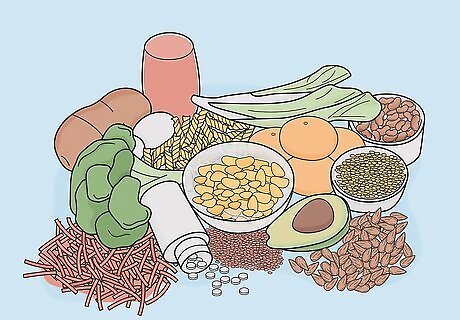
Include folic acid-rich foods to build healthy cells. Folic acid helps your body produce hemoglobin, and a deficiency could trigger anemia. Good sources include leafy green vegetables, oranges, red meats, beans, peanuts, lentils, and peas. Many of the same foods that contain vitamin B12 also contain folic acid, so you can take care of both nutrients in single meals or servings.

Take supplements for all of these nutrients if your doctor tells you to. If you have nutrient deficiencies, then it’s possible that your regular diet won’t treat the anemia sufficiently. In this case, your doctor will probably recommend that you take an iron or folic acid supplement, or multivitamin tablets to replace the nutrients. Don’t start taking dietary supplements without talking to your doctor first.
Maximizing Iron Absorption

Stay hydrated with 8-10 glasses of water per day. Dehydration could trigger anemia or make it worse by preventing your body from absorbing nutrients. Make sure to drink at least 8-10 glasses of water per day so your body operates smoothly. This recommended amount is just a guideline. You might need more if you exercise or live in a hot climate.

Drink caffeine in between meals instead of with the meal. Caffeine could inhibit your body from absorbing iron and other nutrients, so it’s better to have caffeinated drinks before or after meals rather than with them.
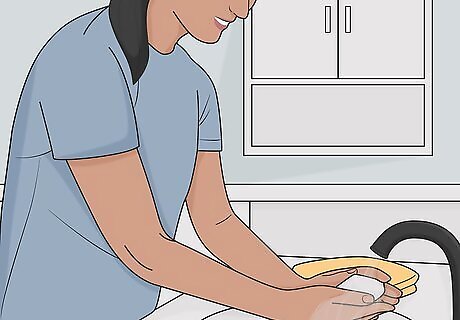
Wash your hands regularly to avoid getting sick. Anemia could leave you more susceptible to infections, and some diseases could even trigger the condition. Washing your hands often is the best way to avoid getting sick. Keeping your vitamin C and B12 intake up with also help you fight infections.
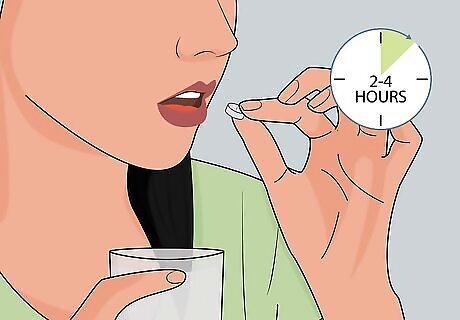
Take antacids 2-4 hours before or after taking iron supplements. The calcium in antacids can also prevent your body from absorbing iron properly. Space out your doses and leave at least 2-4 hours between your iron supplements and antacids. Follow the same rule if you take calcium supplements, because they have a similar effect.
When to See Your Doctor

Visit your doctor for an exam if your anemia symptoms worsen. The common anemia symptoms are fatigue and weakness, irregular heartbeat, headaches, dizziness, and shortness of breath. If these symptoms get worse or appear suddenly, you should see your doctor to test for anemia. The doctor can confirm whether or not you’re anemic with a simple blood test.
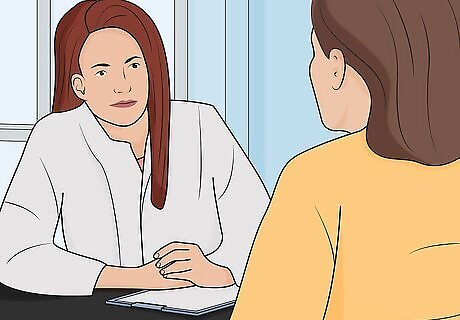
Avoid taking dietary supplements without your doctor’s instructions. While supplements can be an important part of your treatment, you should only take them exactly as your doctor instructs you to so you know it’s safe.
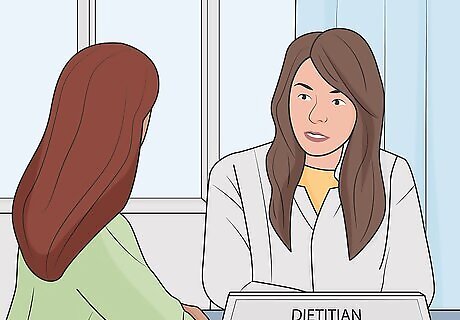
Consult a dietitian if you don’t know which foods to eat. Making big dietary changes can be overwhelming. If you don’t know where to start, then a dietitian can help design the perfect diet for to treat your condition.

Follow your doctor’s instructions to treat chronic conditions. Anemia from a chronic condition won’t necessarily respond to dietary changes until you treat the underlying issue. Follow the treatment regimen that your doctor prescribes for any health conditions you have to fight the anemia. In some cases, your doctor might order a blood transfusion to give you a boost of hemoglobin. For sickle cell anemia, you’ll probably be given prescription medications to treat the condition.



















Comments
0 comment